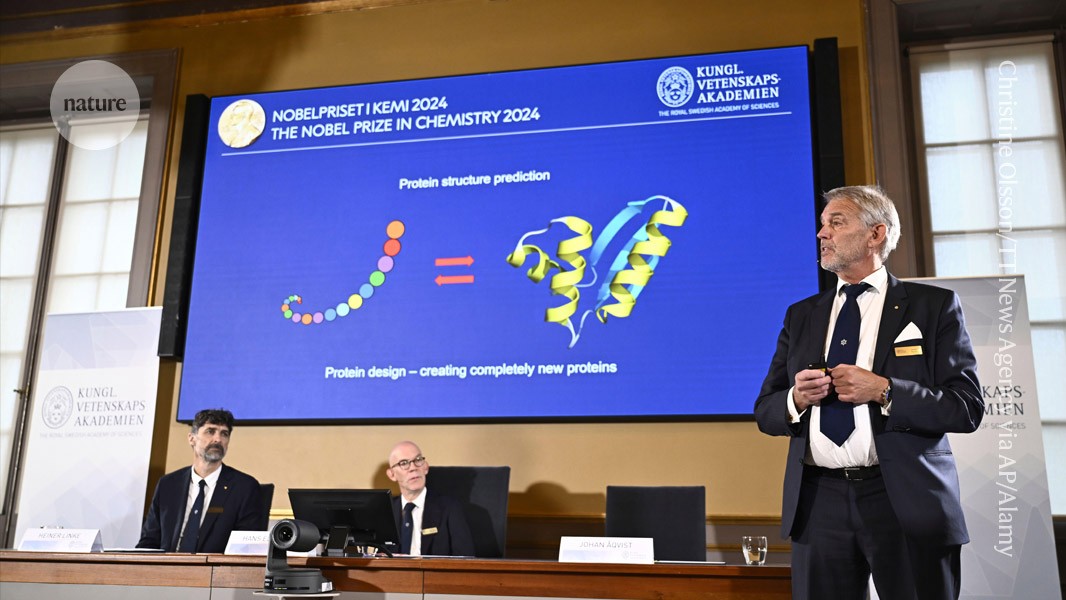web articles
Send us a link
Science Diplomacy and the Rise of Technopoles

Congo Calling
A dearth of local scientists is holding back research on the world’s second largest rainforest.
Science for the People

Why CERN Wants to Build a Giant Particle Collider

How to Win a Nobel Prize: What Kind of Scientist Scoops Medals?
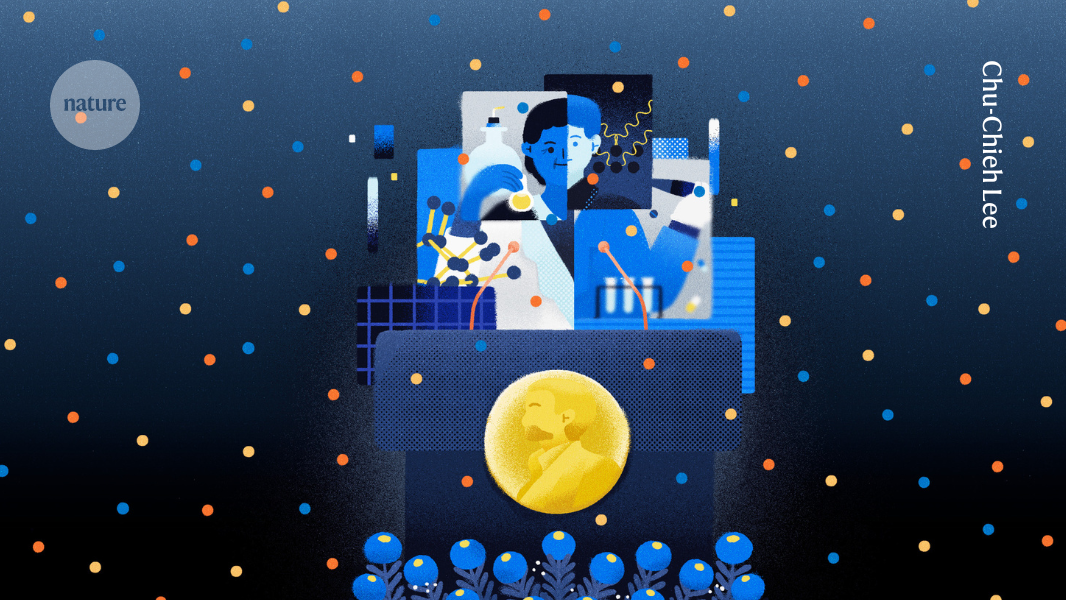
The More Interdisciplinary Research Is, the More It is Used in Policy Documents
The More Interdisciplinary Research Is, the More It is Used in Policy Documents
More interdisciplinary research may have greater relevance and be more heavily cited in policy documents.

The Benefits of Diamond Are Not Crystal Clear
There remain misconceptions and blindspots in the debate around diamond open access publishing. A realistic assessment of the sustainability this approach needs an agnostic assessment of its total costs and viability as a business model.
'Afraid to Talk': Researchers Fear the End for Science in Venezuela
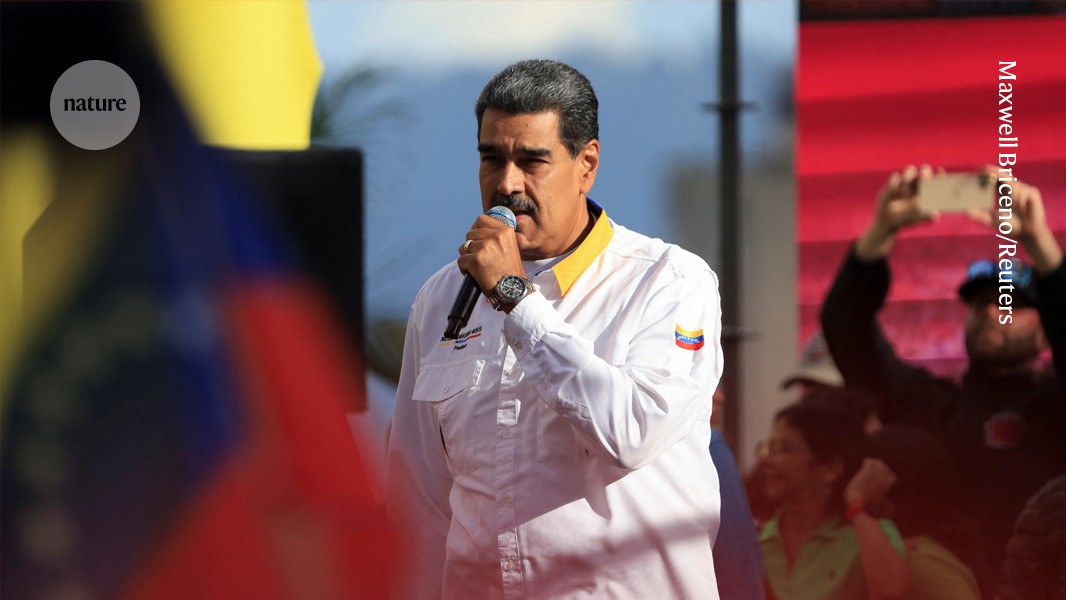
Swiss Students Drive Rocket Research Forward
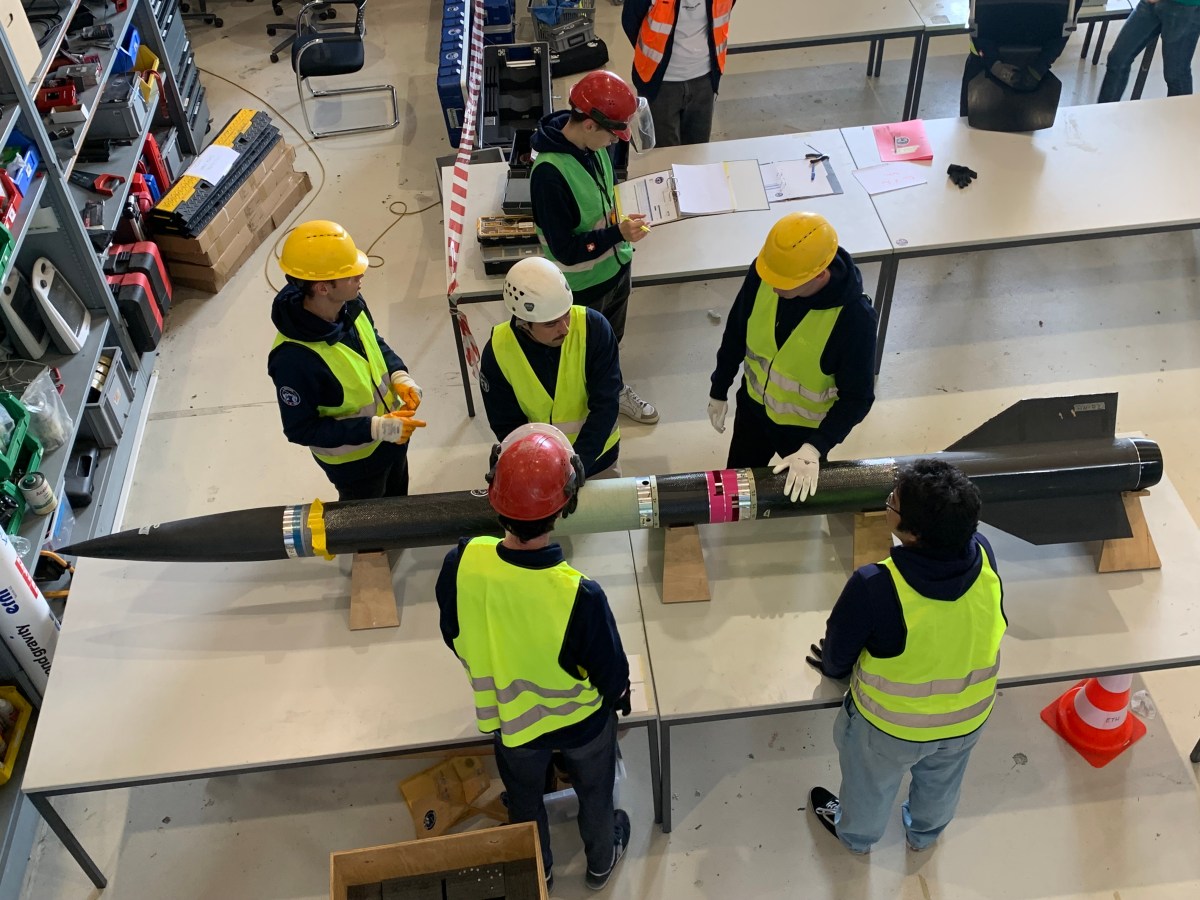
EU Ministers Lobby Zaharieva to Keep Widening Going in FP10
Well ahead of a proposal by the European Commission for the next framework programme for research member states are haggling between "the friends of excellence" and countries with less-well developed research systems.
Randomisation Can Resolve the Uncertainty at the Heart of Peer Review
Randomisation Can Resolve the Uncertainty at the Heart of Peer Review
Embracing uncertainty could improve peer review processes.

The Value of REF Beyond Academia - From Research to Development Impact
The Research Excellence Framework is primarily a mechanism for assessing the quality of research and allocating research funding. However, REF outputs and in particularly impact case studies hold value for many actors outside of higher education institutions.

A Day in the Life of the World's Fastest Supercomputer

Publishing Nightmare: A Researcher's Quest to Keep His Own Work from Being Plagiarized
Publishing Nightmare: A Researcher's Quest to Keep His Own Work from Being Plagiarized

Indian knowledge
To distance its science education systems from centurieslong British colonialism, India is leaning into its history and traditions—but at what cost?
Inside China's Race to Lead the World in Nuclear Fusion

How Far Can We Assess the Societal Impact of Open Science?
Drawing on a review of the published research into the societal impact of open science, Nicki Lisa Cole and colleagues find considerable evidence for the benefits of citizen science, but a much thinner evidence base for the impact of other aspects of open science. Their findings suggest that there is a greater need to consider how these impacts are monitored, and an opportunity to address open science as an inclusive practice, rather than simply a method of opening scientific outputs.
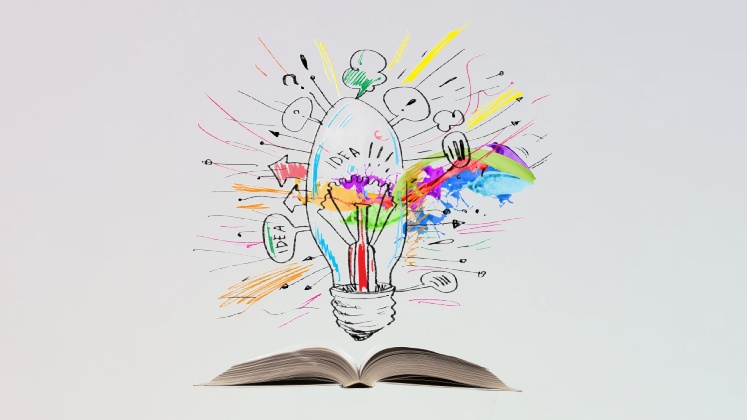
China's Big-Science Bet

Processing Horizon Europe Grants is Taking 23 Days Longer Than Horizon 2020
Harris Vs. Project 2025: Competing Science Visions

Cash for Catching Scientific Errors
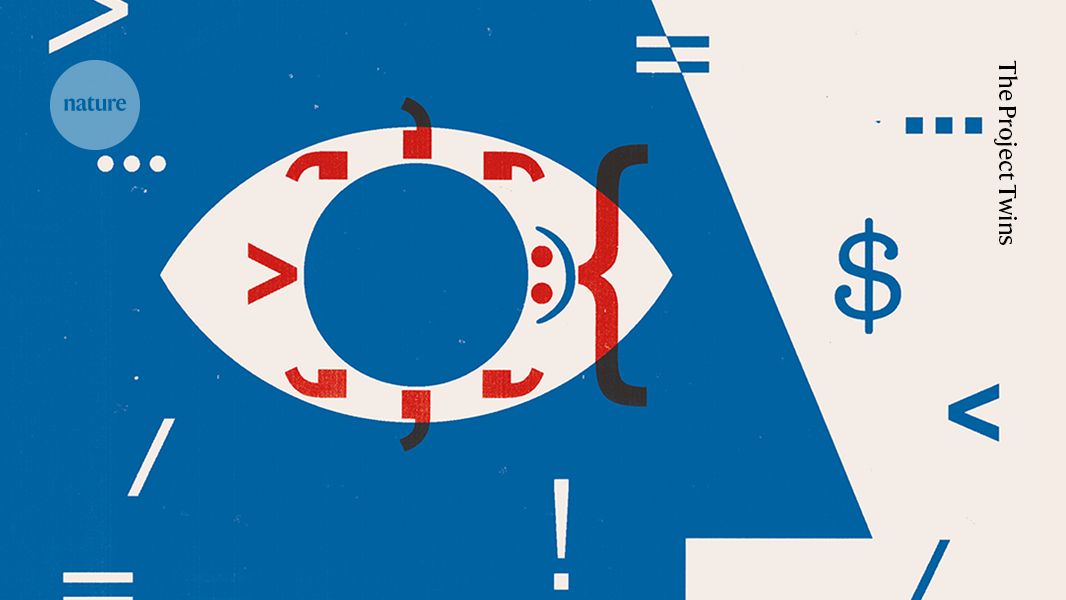
'There's a Lot of Privilege Masquerading As Merit': Why Inclusion Matters in Academia
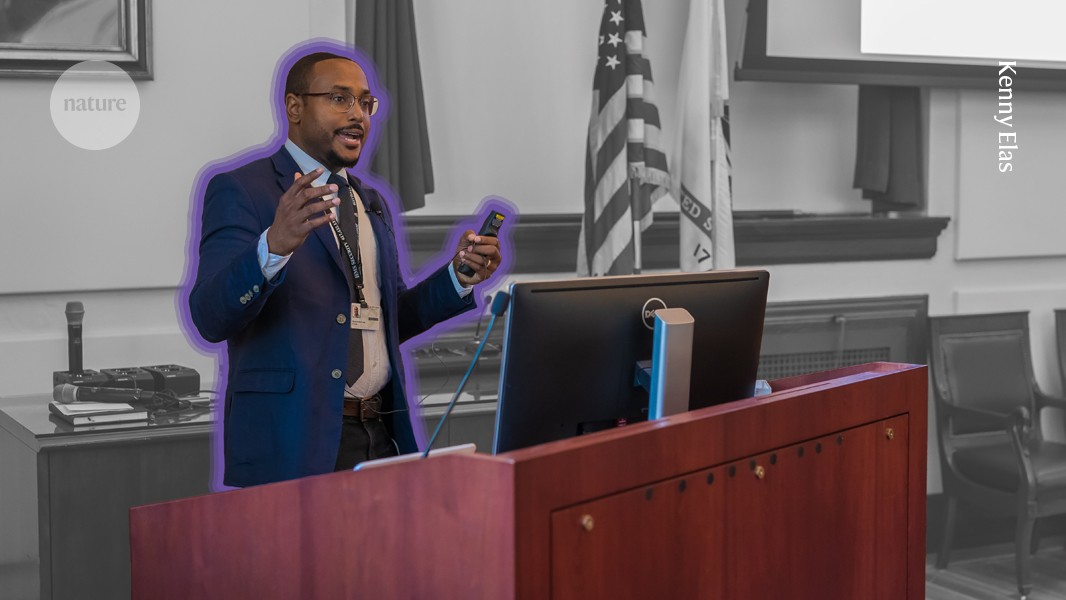
How to Win Funding to Talk About Your Science

Remapping Science - Researchers Reckon with a Colonial Legacy
The scientific enterprise both fueled, and was fueled by, the colonial one. Today, the smudged fingerprints of colonization still linger on the scientific enterprise.
Scientists Uncover Ancient Origin of Cultural and Linguistic Networks of Central African Hunter-Gatherers
Scientists Uncover Ancient Origin of Cultural and Linguistic Networks of Central African Hunter-Gatherers

University of Kansas Study Explores the Transformation of Educational System with the Advent of Artificial Intelligence
University of Kansas Study Explores the Transformation of Educational System with the Advent of Artificial Intelligence
Science should save all, not just some
Discussions around global equity and justice in science typically emphasize the lack of diversity in the editorial boards of scientific journals, inequities in authorship, “parachute research,” dominance of the English language, or scientific awards garnered predominantly by Global North scientists. These inequities are pervasive and must be redressed. But there is a bigger problem. The legacy of colonialism in scientific research includes an intellectual property system that favors Global North countries and the big corporations they support. This unfairness shows up in who gets access to the fruits of science and raises the question of who science is designed to serve or save.
